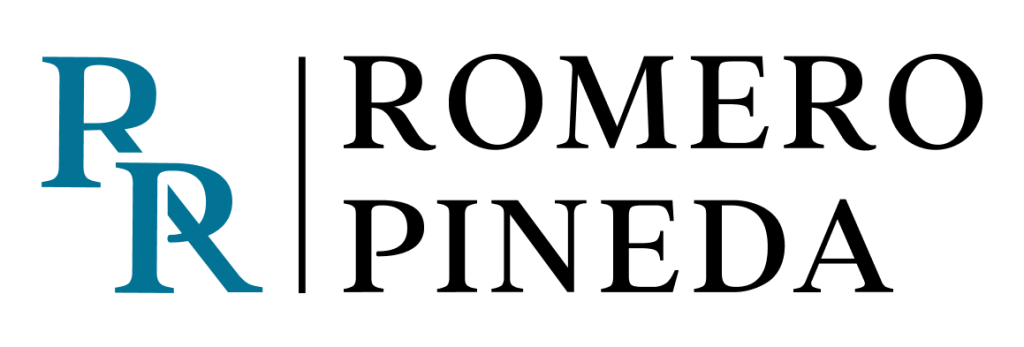Ambush Marketing and its impact on Intellectual Property rights
By: Carlos Enrique Castillo
Its translation alleges an ambush, camouflage, cover up, to attack by surprise, but how can this activity affect Intellectual Property rights?
There are several definitions of this marketing activity, but I share the idea of first analyzing what is pursued with this commercial behavior, and thus better understand the concept.
Ambush Marketing refers to a merchant's intention to draw attention to their brand and covertly link to a certain event, which of course is not sponsored by it. In general, these events involve mass attendance or public gathering and wide coverage by the media, whether they are sports meetings or shows, concerts or musical presentations, fairs, carnivals or festivals, etc.
It is clear that the strategy of the merchant who opts for this activity aims to take advantage of the exposure of his brand, in or on the occasion of a public (or private) event, of which he is not a part, to obtain economic, advertising or positioning benefits. branded. It is carried out through advertising and even promotional actions parallel to the event, offering consumers discounts, commemorative items, or simply generating visibility regarding their brands and products/services.
Ambush Marketing is a controversial activity, but not necessarily illegal. Through this, an attempt is made to indirectly associate a product or service in an event of which one is not a part, to attract potential customers, with respect to a certain brand that generally competes with the brand sponsoring the event, whose owner, for Generally, they negotiate exclusivity with the organizers, scheduling advertising spaces that cost thousands and even millions of dollars.
Esta actividad publicitaria exige una estrategia sumamente creativa, para no considerarse ilegal y exponer consecuentemente, a un comerciante a acciones legales. Debe observarse un claro límite en el desarrollo de esta forma de publicidad y mercadeo, a efecto de no incurrir en conductas que atenten o violen los derechos de marca de las empresas patrocinadoras del evento, y que no se genere una actividad de competencia desleal, respetando, además, las normas de protección del consumidor, evitando confusiones que induzcan al público, a tomar decisiones de consumo o compra de productos o servicios mediante publicidad engañosa. Por ejemplo, inducir al público a creer, aún por omisión, que determinados productos, servicios o marcas están aprobados o asociados a la organización oficial del evento del que se favorezcan.
It should also be taken into consideration that, generally, in these events, in which famous people participate, be they artists, athletes, etc., they enjoy legal protection with respect to their name and image, therefore, any infringement to such rights, can cause serious consequences for the merchant who incurs promotional actions that affect those rights. The same may occur if other rights are affected, such as those protected under Copyright, which protects images alluding to the event, title or name of the event, trophies, medals and medals, colors, posters, logos, characters, mascots, hymns or songs, and other audiovisual works related to it.

